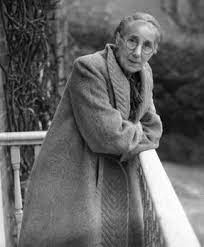
This last week has seen the publication of another video showing a brutal attack by US police officers on a man they had just arrested. The officers apparently did not care that they were being filmed by their own body cameras. We have also had the testimony from a Russian officer of the torture of Ukrainian PoWs, in contravention of the Geneva Convention. It is not hard to see links between these isolated examples of inhumanity and the dreadful mass genocides that characterised the 20th century and which are also likely to feature in this century. At their root is the failure of the perpetrator to recognise his or her shared humanity with the victim. I would like to believe it is unthinkable that I could ever do this, but I am aware that the US police officers, the Russian soldiers, those who involved in mass genocides, quite possibly also considered themselves as moral and decent individuals; at least, at some stage in their life that is how they would have appeared. I was disturbed some years ago by a documentary about an idealistic Lutheran priest in Germany, who began by opposing the Nazi party but then freely joined the army at the outbreak of the Second World War and ended his life on the Eastern Front.
One of the more difficult concepts in Christianity is that of “original sin”; that we all have something dark within us. It has been misused to terrorise people. But at its core there is a warning we would all do to heed; we have the potential to do evil as well as good. I do not believe that I or any rational person I know would commit an atrocity. However, the best guarantee of that is if we constantly examine our own consciences. As a Christian, I must do that against the teachings of my faith, to see how often I fall short.








